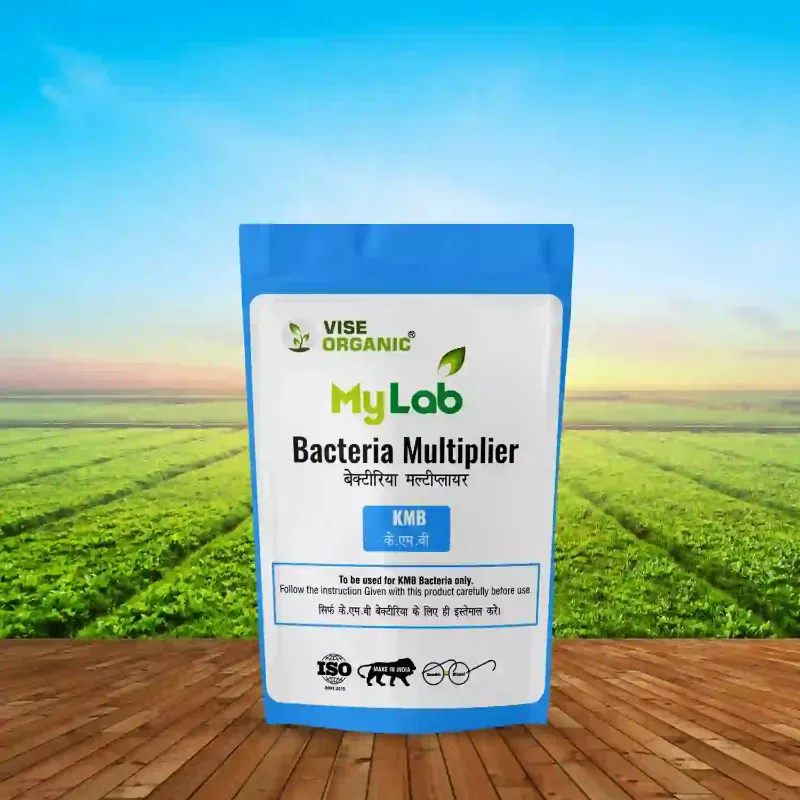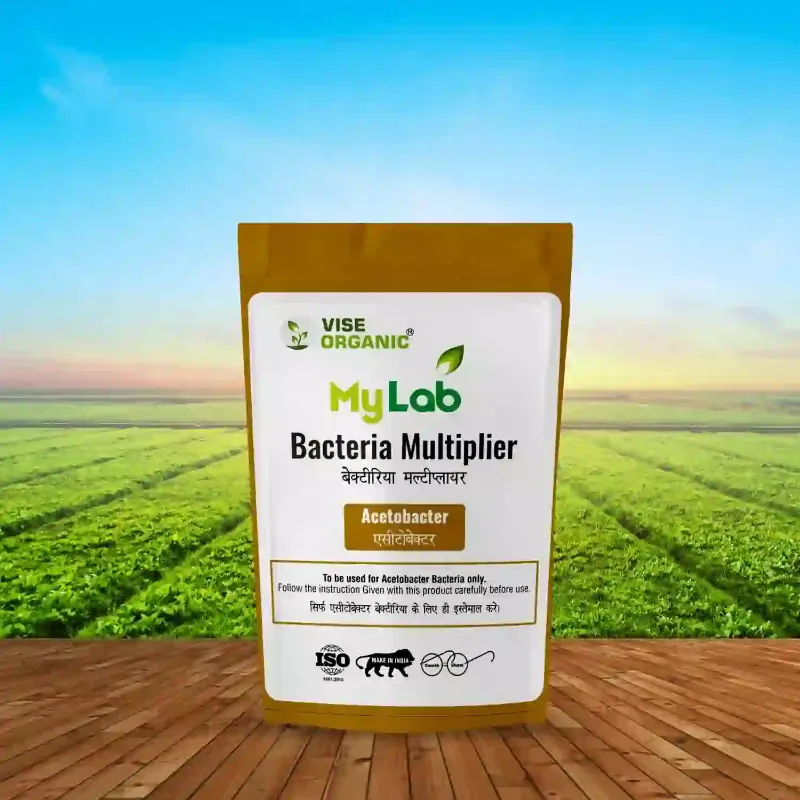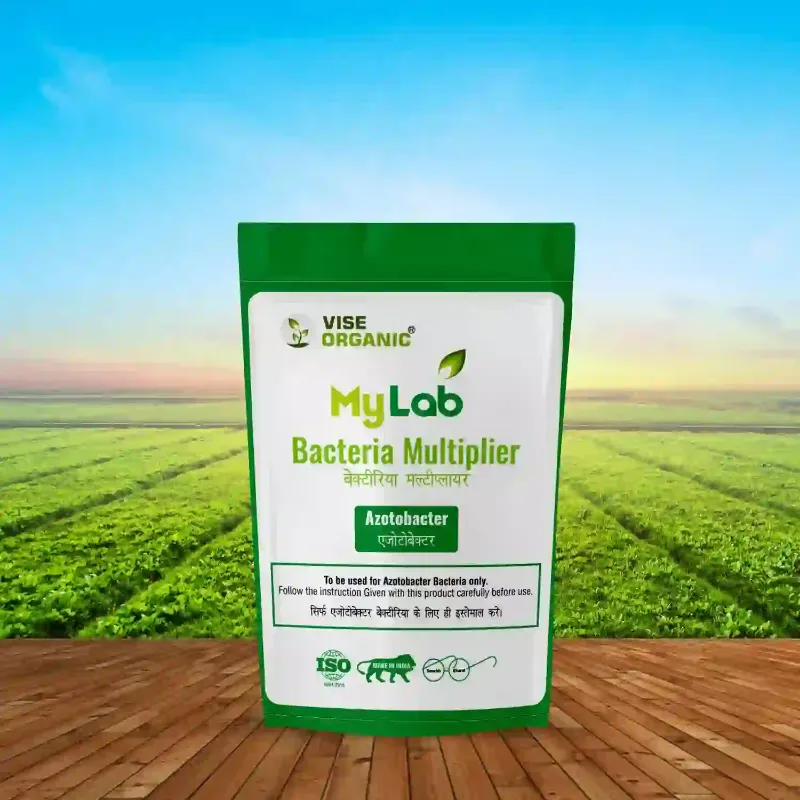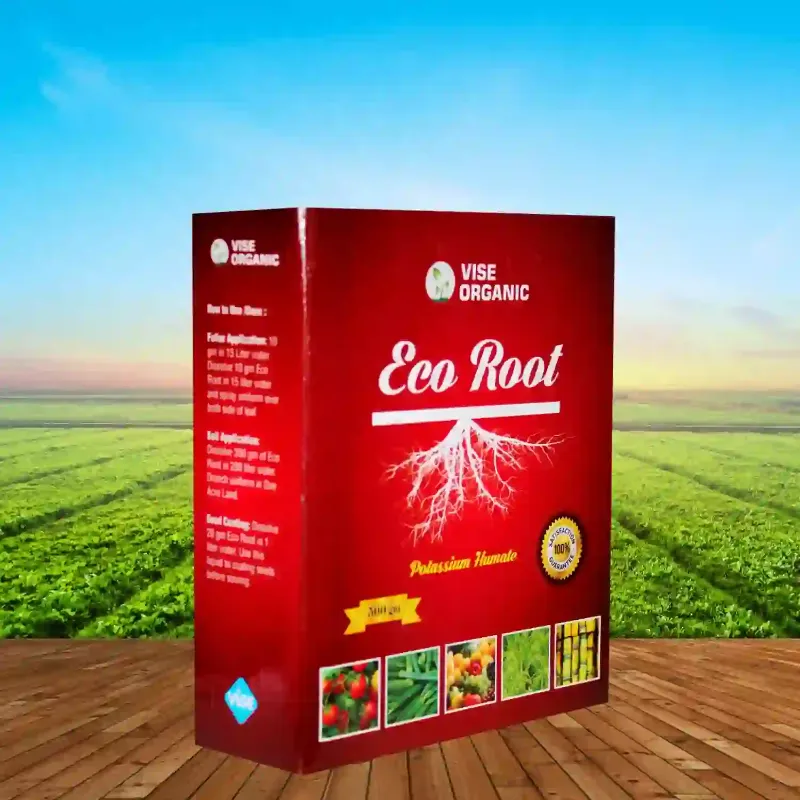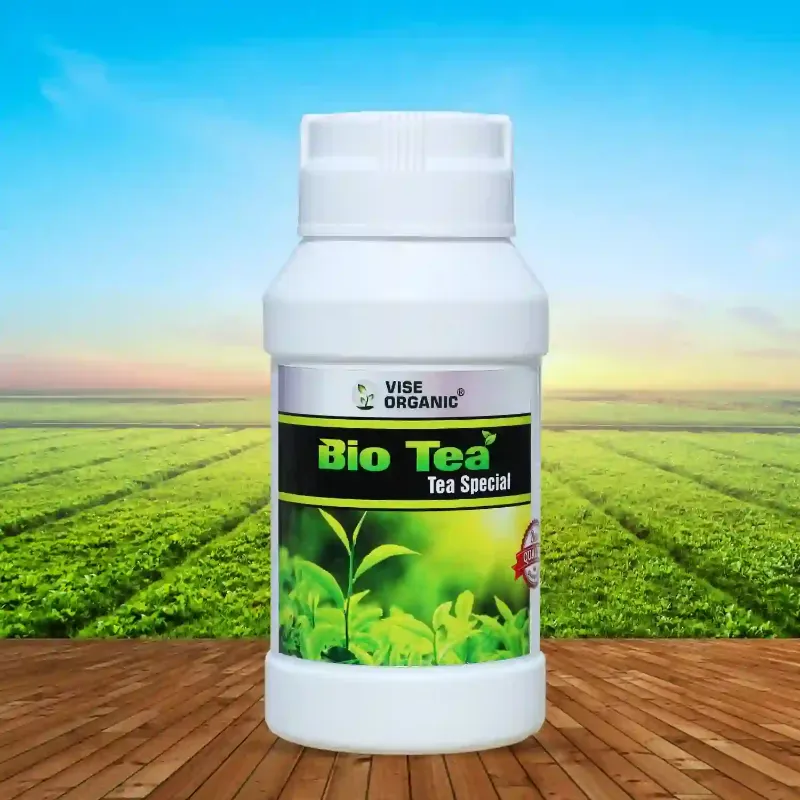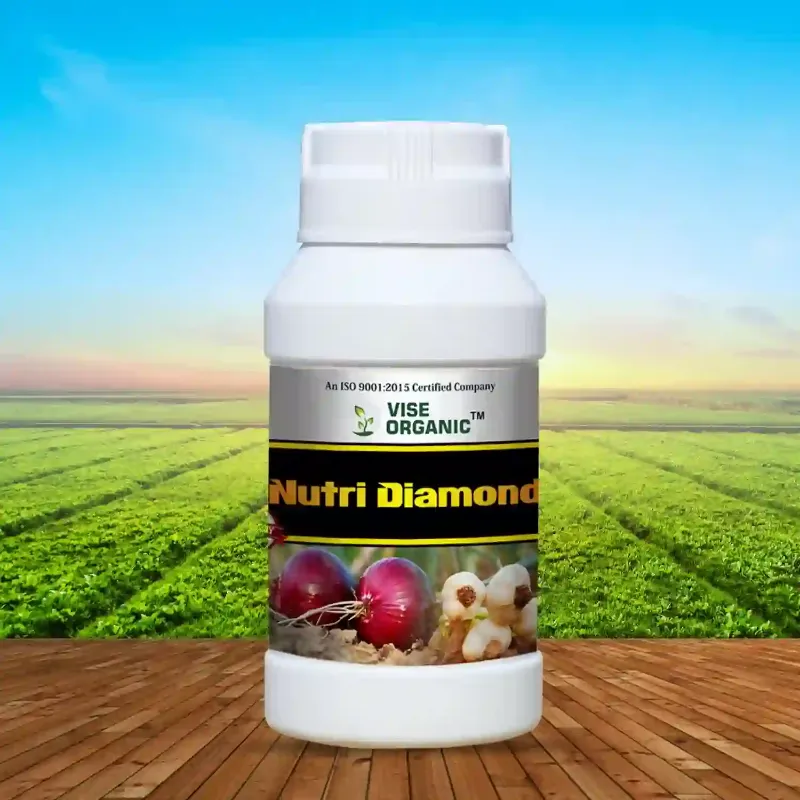Introduction:
Eco Granules have garnered attention as a potential solution for sustainable agriculture and gardening practices. But are these granules truly environmentally friendly? Let’s explore the various aspects of eco-friendliness associated with Eco Granules in points below.
Introduction to Eco Granules:
- Eco Granules are formulated to provide plants with essential nutrients and organic matter in a slow-release manner.
- These granules are designed to improve soil health, promote plant growth, and minimize environmental impact.
Sustainable Sourcing:
- Eco Granules are often sourced from natural and renewable materials, such as organic compost, plant-based ingredients, and mineral supplements.
- This sustainable sourcing reduces reliance on finite resources and minimizes ecological footprint.
Reduction of Chemical Inputs:
- By utilizing organic and natural ingredients, Eco Granules reduce the need for synthetic fertilizers and chemical inputs.
- This reduction in chemical usage helps prevent soil and water pollution, preserving ecosystem health.
Minimization of Nutrient Runoff:
- Eco Granules release nutrients slowly over time, minimizing the risk of nutrient runoff into waterways.
- This helps protect aquatic ecosystems from nutrient pollution and eutrophication, promoting water quality.
Enhancement of Soil Health:
- The organic matter in Eco Granules improves soil structure, water retention, and microbial activity.
- Healthy soils enriched with Eco Granules support biodiversity, carbon sequestration, and overall ecosystem resilience.
Biodegradability:
- Eco Granules are typically biodegradable, meaning they break down naturally over time without leaving harmful residues.
- This ensures minimal environmental impact and reduces waste accumulation in landfills.
Compatibility with Organic Practices:
- Many Eco Granules are approved for use in organic farming and gardening practices.
- Their eco-friendly formulation meets strict organic standards and regulations, making them suitable for certified organic production.
Reduction of Greenhouse Gas Emissions:
- By promoting healthy plant growth and soil health, Eco Granules indirectly contribute to reducing greenhouse gas emissions.
- Healthy plants absorb carbon dioxide from the atmosphere, mitigating climate change impacts.
Support for Sustainable Agriculture:
- Incorporating Eco Granules into agricultural practices aligns with principles of sustainable agriculture.
- This includes promoting soil health, minimizing chemical inputs, conserving natural resources, and supporting ecosystem resilience.
Educational and Outreach Efforts:
- Companies that produce Eco Granules often engage in educational and outreach efforts to promote eco-friendly gardening and farming practices.
- This helps raise awareness about the importance of environmental stewardship and encourages individuals to adopt sustainable habits.
Conclusion:
In conclusion, Eco Granules demonstrate several environmentally friendly attributes, from sustainable sourcing and reduction of chemical inputs to enhancement of soil health and support for organic practices. While no product is without its environmental impacts, Eco Granules offer a promising solution for individuals seeking to minimize their ecological footprint in gardening and agriculture. By incorporating Eco Granules into their practices, growers can contribute to a more sustainable and resilient future for our planet.



